
Published: Last Updated:
Readtime: 6 min
Every product is carefully selected by our editors and experts. If you buy from a link, we may earn a commission. Learn more. For more information on how we test products, click here.
With recent studies suggesting that Instagram is the social media platform most likely to make you depressed or anxious, it’s no stretch to assume that bikini-clad models with over 100k followers are, at the very least, contributing to the problem. The reports come via a study performed by the Royal Society for Public Health in conjunction with the Youth Health Movement. The two groups surveyed 1500 people between the ages of 14 and 24, asking them questions about the impact of social media on their mental health. It was quickly determined that Instagram, the mega-popular photo-sharing site with over 2 billion users, had the “most detrimental” effect on young people’s mental health. Hot on Insta’s tails was Snapchat, followed by Facebook, Twitter and YouTube.
Apparently, young women, in particular, are most impacted by Insta’s non-stop flow of carefully curated stories and pictures. However, in general, a number of youth reportedly experience a dramatic increase in depression and anxiety after using the site, feeling worse about their bodies, identities and social lives. A significant percentage of participants even claimed that bearing witness to the well-manicured lives of others was causing them to lose sleep at night.
As anyone who uses Instagram is likely to know, the massively popular site offers a non-stop bevy of curated lifestyle shots dressed up as candid, off-the-cuff photography. In other words, the platform doesn’t exactly paint an accurate picture of our lives. Such an approach might seem natural in the age of surface impressions. After all, nobody wants to be the one guy or girl showing off what he or she looks like when first getting up in the morning, changing a diaper, or sitting at a desk working on TPS reports. Instead, we’d rather share the vacations, the fancy restaurants, the attractive company we keep, etc.
Nowhere is this phenomenon more apparent than on the pages of various hot Instagram babes, many of whom make a living by beach-hopping around the world, uploading their best poses and raking in tons of followers as a result. It’s really not a far cry from the Sports Illustrated Swimsuit Issue, except for the fact that it’s on Insta, which lends each picture a much more approachable vibe. In turn, viewers don’t feel like they’re looking at a magazine, but rather the real adventure of a life not their own. Suffice it to say that feelings of FOMO and self-consciousness are practically inevitable.
Some folks might read about the study and say to themselves, “Well, duh”. That is, common sense could more or less tell you that witnessing only the good moments in other people’s lives might lead to instances of depression and anxiety. However, the reason studies like these are critical is because of how young so many social media users are. Teenagers, for instance, already experience wild mood shifts, body issues and severe bouts of anxiety, with or without the Internet. They’re also at the most impressionable and vulnerable stage of their lives. It’s therefore important to point to statistics and even hold sites like Insta accountable for their actions.
Accordingly, one of the groups that conducted the study has suggested that sites like Insta and Snap implement “heavy usage” warnings, which would pop up after someone binges for hours at a time. Whether such measures will amount to anything might remain to be seen. In contrast, anyone who knows teenagers is likely to know that some sort of usage notification is probably far short of a problem solver.
To be fair to social media, the study did determine that platforms like Instagram have more than a few beneficial uses, such as building relationships and providing support for those in need. However, the ultimate message (and subsequent irony) remains clear: sites like Insta are supposed to be connecting users, but in many cases, they’re just making people jealous and insecure. In some ways, it’s the high school effect (i.e. jocks and beauty queens live it up while everyone else suffers), quantified by the Internet. And while usage notifications might be a good place to start, what would really help is if everyone let their guard down just a little, using the site to share both the good and the bad alike.
Social Media Mental Health FAQs
Yes, recent studies suggest that Instagram is the social media platform most likely to impact mental health negatively. A survey of 1,500 young people (ages 14-24) found that Instagram had the “most detrimental” effect, linking it to increased rates of depression, anxiety, poor body image, and sleep issues.
According to a study by the Royal Society for Public Health, Instagram was ranked as the worst social media platform for young people’s mental health. Snapchat, Facebook, and Twitter followed it. YouTube was reported as having the most positive impact.
Instagram often features a non-stop flow of “carefully curated” and “well-manicured” content, such as perfect-looking models, luxury vacations, and seemingly flawless lifestyles. This can create an unrealistic picture of reality, leading users to feel worse about their own lives, bodies, and social experiences, which in turn can cause feelings of anxiety, depression, and FOMO (Fear Of Missing Out).
The platform is strongly linked to poor body image, particularly among young women. The constant stream of highly edited photos of “bikini-clad models” and “hot Instagram babes” can make users feel insecure and self-conscious. Viewers may compare these curated images to their own real lives, leading to a negative self-perception.
The study on social media and mental health found that young people, specifically teenagers aged 14-24, are the most impacted. Young women, in particular, reported feeling worse about their bodies and experiencing anxiety after using the site. This age group is considered especially vulnerable as they are already dealing with hormonal changes and developing their identities.






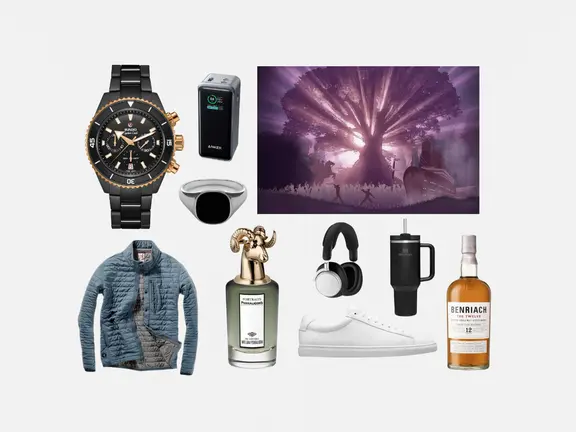




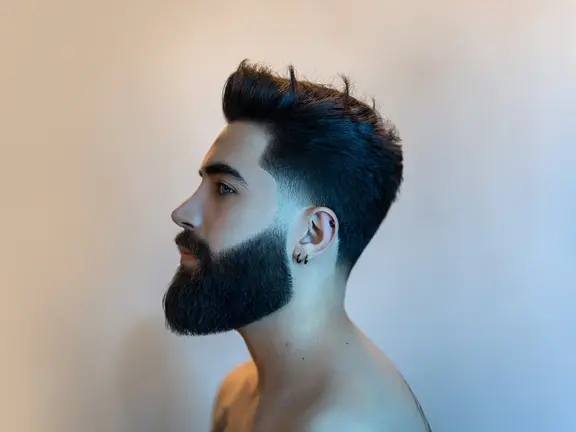






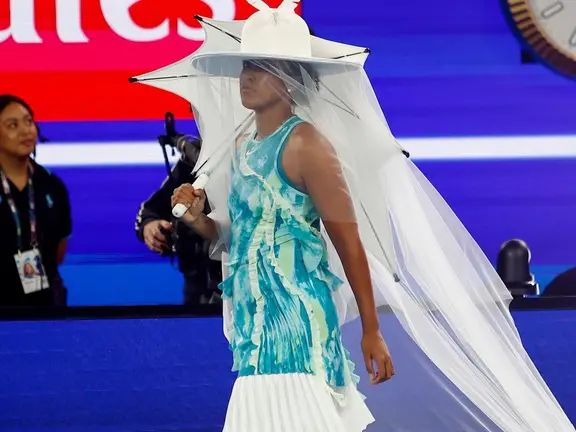






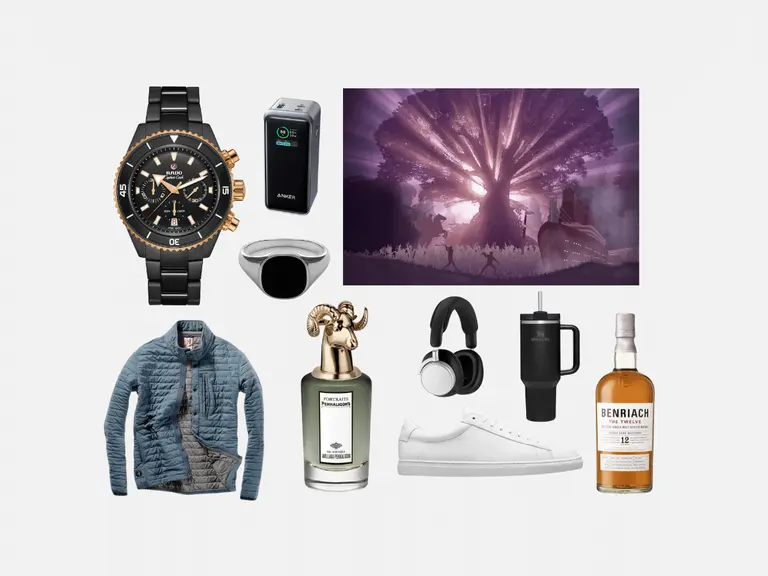






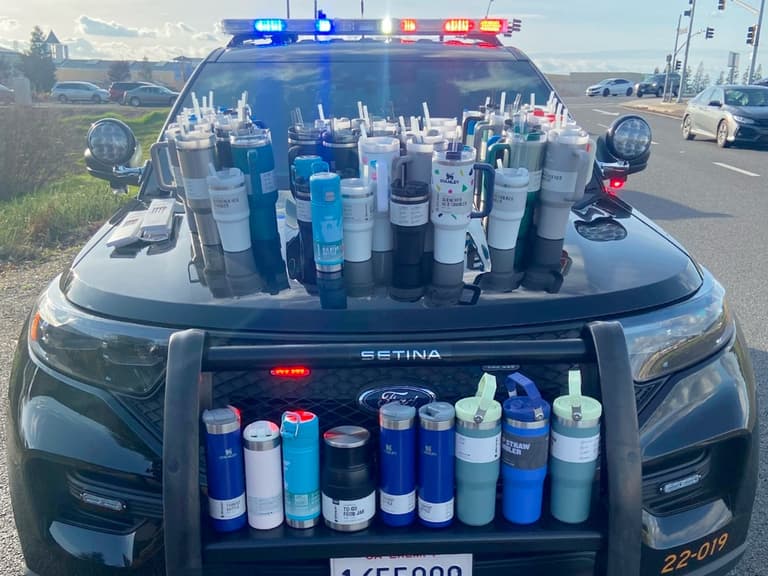
Comments
We love hearing from you. or to leave a comment.